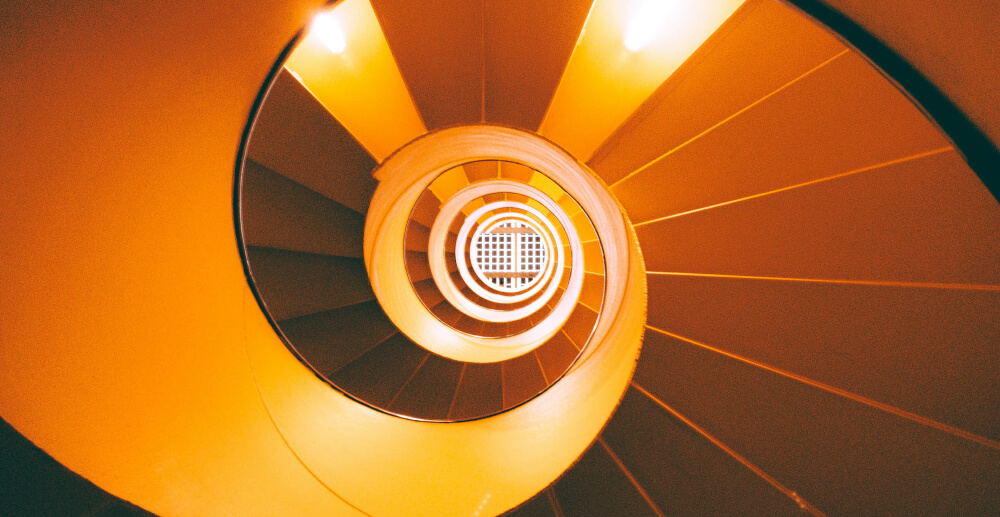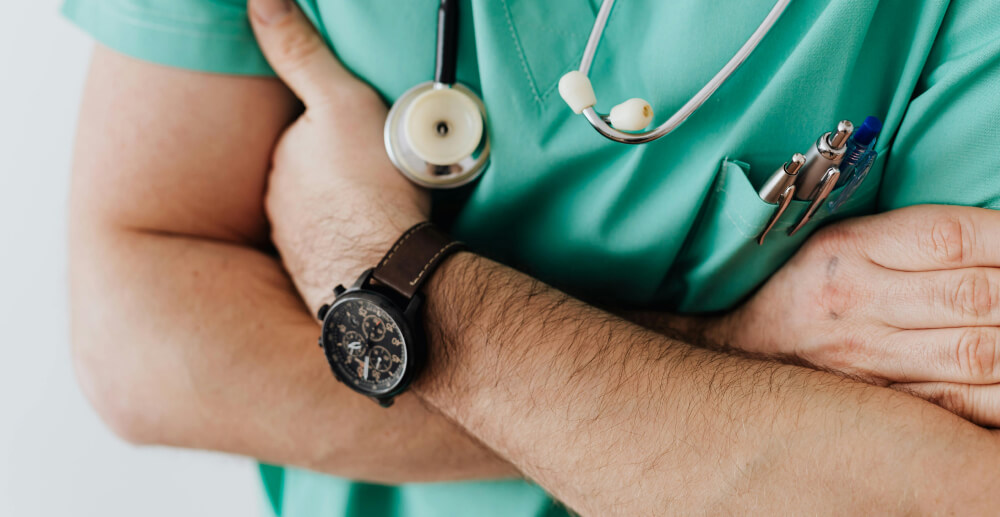If you are someone like me who has a history of opioid addiction and is no longer using opioids in a chaotic manner, you might be wondering what to do next—particularly if you have only recently stopped using.
The first few weeks and months after chaotic opioid use are notoriously difficult, though medications for opioid use disorder (MOUD) like buprenorphine and methadone can help (abstinence, managed use, other medications, and other forms of assistance are okay too). But nothing is going to make early remission easy. Whether it’s re-balancing your neurochemistry, dealing with underlying trauma and/or mental illness, repairing finances, reconnecting with friends and family you may have lost touch with, or just adjusting to life without being high on opioids, living in the aftermath of addiction can be a struggle. But it’s not insurmountable.
Boredom and a lack of joy are common complaints for people who have recently gone into remission from opioid addiction. Which makes sense. Opioids offer a massive dopamine surge, and dopamine is the neurochemical responsible for experiencing pleasure. Adjusting to life without that artificial influx of dopamine is not easy, both from a biochemical standpoint and a plain old existing standpoint. Here are a few things you can do to help get yourself back into the routine of experiencing happiness and pleasure after opioid addiction:
Exercise
I know, sorry. If you’re not a big fan of exercise, that might sound counter-intuitive. Exercise is painful and grueling, especially if your body is not conditioned to it (which mine certainly wasn’t after being in active addiction). But exercising regularly releases crucial neurochemicals that help your brain heal from addiction, and also promote cardiovascular and other forms of physical wellness. And the more you do it, the less painful it gets (I promise). Plus, getting through a difficult workout is a healthy reminder that it is, in fact, possible to overcome painful and demanding situations without using drugs.
Fortunately, exercise is a super broad category. For me, running and biking both offer a really awesome rush (ever heard of runner’s high? It’s real), but when I’m not feeling up to something intense, even a walk outside helps elevate my mood and keeps my body feeling fit (plus you can do it while social distancing, so pandemic friendly). Stretching and yoga are also some personal favorites.
For people with mobility issues or other health complications that might make those particular exercises difficult, these are a few popular YouTube videos that can offer some alternatives.
Learning a New Skill
It doesn’t have to be something super hard. In fact, it’s probably better if it’s not because addiction makes us used to instant gratification, and the struggle of attempting to learn something difficult might end up more triggering than helpful. But learning a manageable new skill can be extremely rewarding—for that very same reason! You’ll have to work at it, and you probably won’t master it right away, but when you do you will feel really proud of yourself. Once you have mastered one simple goal, move on to something a little more difficult, and so forth. As you progress, you will have fun, learn new skills, and re-train your brain to understand that patience can merit great results. My new skill, by the way, was origami.
Connecting with Others
This is harder during the pandemic, but with the new vaccines, social distancing measures, and virtual alternatives it’s definitely still possible to meet and connect with new people. By the way, this isn’t a euphemism for romance. There are lots of ways to connect with people and have fun. Some people swear by addiction recovery groups like AA/NA, SMART Recovery, or Refuge Recovery. And if that’s your thing, that’s great. You don’t run the risk of being around people who will judge you for having an addiction history. But one risk of making friends with other people in early recovery while you’re also in early recovery/remission is that if they end up returning to active use, it might trigger you. Everyone is different, of course, but I know one of my biggest triggers during early remission is being close with people who actively use.
If you have other interests, it might be worthwhile to seek out special-interest groups in your area. Even if you are going to recovery meetings and making friends there, connecting with people who share your other interests can also help you re-connect to those interests along with making friends. There are also friend-finder apps, which can be hit or miss, but hey—worth a try, right?
Humans are social creatures and we thrive on social interaction. It’s why this pandemic has been so difficult and triggering for so many people. It’s important to foster healthy relationships, plus active addiction can be really isolating. Making friends can help break that cycle of loneliness and hyper-focus on drug use that sometimes arises during addiction (but please do it safely; the pandemic is still happening).
Remind Yourself That You Are Worthy
Because you are. So much messaging these days tells us drug users that we are unworthy of basic human dignity. From child services removing kids for positive toxicologies alone to films that make up drug-using characters to look like zombies, to advertisements telling teens to social distance from other drug-using teens, it can be really hard to internalize those ideas. But just because an idea is pervasive doesn’t mean it’s right. And those ideas are definitely not right. I mean—I bet you that the caseworkers, film crew, and advertising teams all consume caffeine. That’s a drug. Lots of them probably drink alcohol and smoke weed (no, definitely). And I’m sure a lot of them do other drugs too. The distinction between some drugs and some drug users as okay and some drug users as unworthy of basic dignity is arbitrary, classist, and racist. It is toxic fallout from the now-debunked “crack baby” era and the drug war. It is a lie. So remind yourself of that. Out loud in the mirror, if it helps.
You are worthy of dignity. You are worthy of respect. You are worthy of love. You are worthy.








